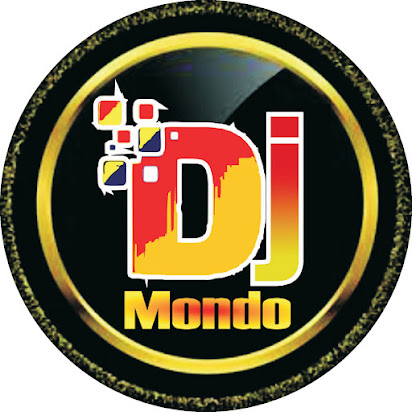The Evolution of Afrobeat: From Fela Kuti to DjMondo
Afrobeat is more than a genre—it’s a cultural movement that has transcended borders, inspiring generations of musicians and fans worldwide. From its origins in the 1960s with Fela Kuti to its modern-day interpretation by artists like DjMondo, Afrobeat continues to evolve, blending tradition with innovation.
This article explores the journey of Afrobeat, its defining features, and its enduring influence on global music.
The Birth of Afrobeat
Afrobeat originated in Nigeria during the late 1960s, a period of social and political upheaval. The genre was pioneered by the legendary Fela Kuti, a multi-instrumentalist, bandleader, and activist. Fela’s travels to the United States exposed him to jazz, funk, and the civil rights movement, which profoundly influenced his music.
Afrobeat was Fela’s way of addressing societal issues while celebrating African culture. His music combined:
Traditional African rhythms with complex polyrhythms.
Funk and jazz influences, featuring extended instrumental sections.
Powerful, politically charged lyrics, often sung in Pidgin English to reach a wider audience.
One of Fela’s most iconic tracks, “Zombie,” exemplifies the Afrobeat spirit—bold, unapologetic, and deeply rooted in African identity.
The Characteristics of Afrobeat
Afrobeat’s unique sound is characterized by:
1. Rhythmic Complexity: The use of intricate drum patterns and percussions.This fusion of elements creates music that is not only entertaining but also thought-provoking, making Afrobeat a powerful tool for storytelling and activism.
The Globalization of Afrobeat
While Fela Kuti laid the foundation, Afrobeat’s journey didn’t end there. Over the decades, it has evolved and spread across the globe, influencing numerous artists and genres. Key milestones in its globalization include:
DjMondo’s Take on Afrobeat
As a modern Afrobeat artist, DjMondo blends the genre’s rich traditions with contemporary styles. Tracks like “Mirror Mirror” showcase this fusion, combining:
Traditional Rhythms: Drawing from Afrobeat’s rhythmic complexity.
Modern Production Techniques: Using digital tools to create polished, global sounds.
Personal Storytelling: Infusing lyrics with introspective themes that resonate with today’s listeners.
DjMondo’s music pays homage to Afrobeat’s roots while pushing its boundaries, ensuring the genre remains dynamic and relevant.
The Future of Afrobeat
Afrobeat’s future looks bright as more artists embrace and innovate within the genre. Emerging trends include:
1. Tech Integration: Virtual concerts and AI-driven music production are expanding Afrobeat’s reach.
Why Afrobeat Matters
Afrobeat’s significance extends beyond music. It’s a celebration of African identity and resilience, a medium for social change, and a testament to the power of creativity. By blending tradition with innovation, Afrobeat continues to inspire and unite people worldwide.
Final Thoughts
From Fela Kuti’s revolutionary anthems to DjMondo’s contemporary beats, Afrobeat has come a long way. Its journey reflects the resilience and creativity of African culture, proving that music is a universal language. As we look to the future, one thing is certain: Afrobeat will remain a vital force in the global music landscape.
What are your favorite Afrobeat tracks or memories? Share your thoughts in the comments below and join the conversation about this vibrant genre!
— DjMondo
🎧 Stay tuned to the trends with DjMondo: Follow on Spotify


